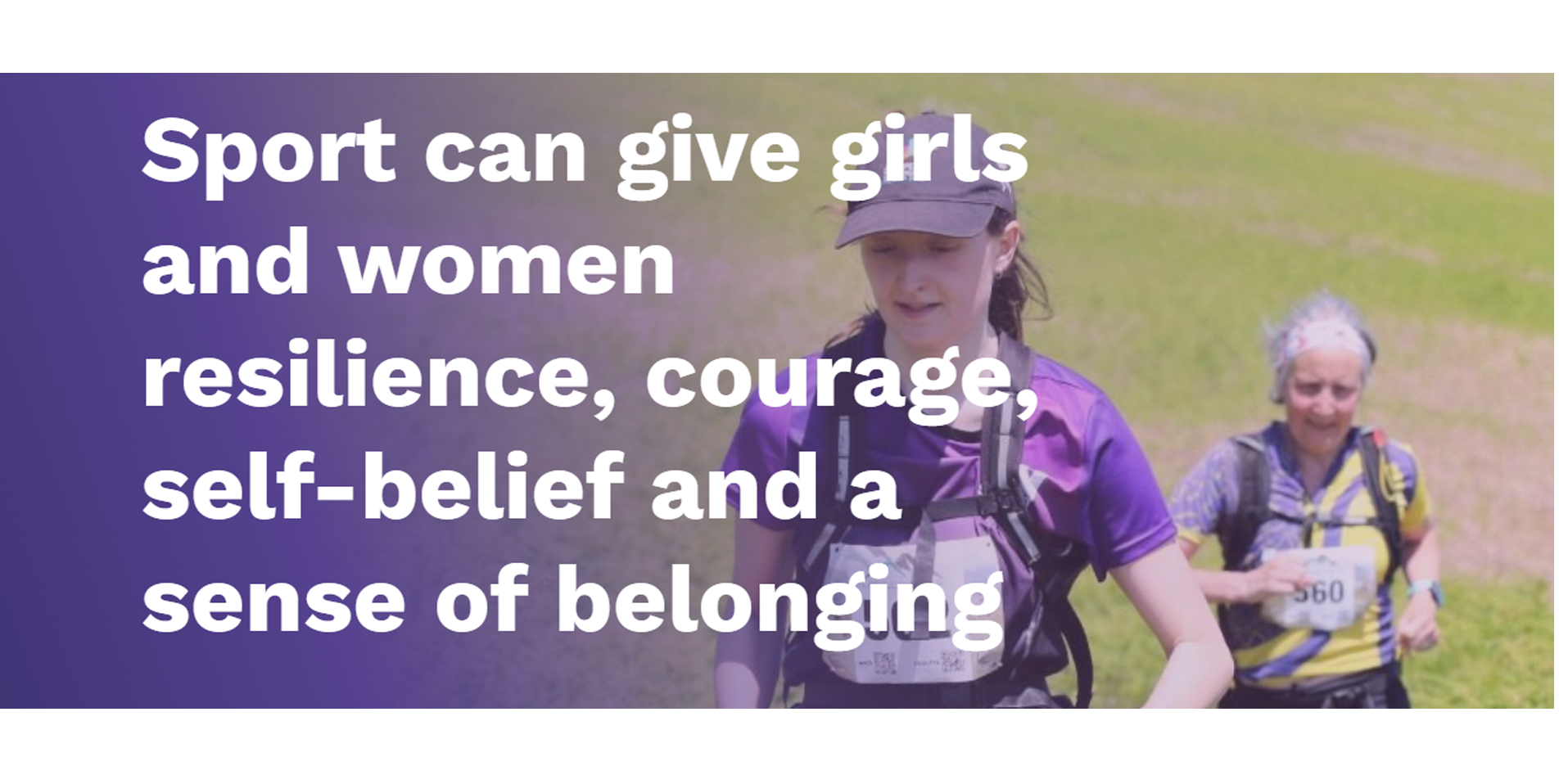 The debate around Equality, Diversity and Inclusion (EDI) has progressed significantly over the past twelve months with national and internationally high profile events happening that have driven at least reflection and in some cases specific action.
The debate around Equality, Diversity and Inclusion (EDI) has progressed significantly over the past twelve months with national and internationally high profile events happening that have driven at least reflection and in some cases specific action.
The outcome of George Floyd’s death in the USA and the subsequent Black Lives Matter movement has seen a review of many things including the role of government. The report commissioned by the Prime Minister has had very mixed responses. It put forward the notion that institutional racism didn’t exist anymore., although the alternative view is that although institutions had taken action in terms of policy and procedures, there still is a perception of unfairness. What is the implication for sport? In many sports, National Governing Bodies have taken significant action to make sure their workforce is reflective of the community and many have reviewed access issues to their sport. So the question is how much should we do to make sport accessible to all? Clubs potentially need to consider how they can support members when they fall on hard times but also how much could they do to encourage those who have an enthusiasm for the game and maybe feel they are prohibited by other barriers such as cost?
Changing perception of a sport is very difficult, as Rowing is finding. They along with major sports such as Swimming, Cycling and Sailing have been challenged that all their Rio Olympic Athletes were white and this does not reflect British Society where over 13% of the population is non-White. The challenge is that changing this could take long time and will need not only the change in performance pathways, but significant work with different communities. Even with sports like Football, Boxing and Basketball where the percentage of participants are more reflective of society, the challenges they face is having a balance of officials and coaches from different communities.
Many in the Sports EDI world identify three types of organisations:
- Type 1: Those that directly stop anyone joining,
- Type 2: Those that say their doors are open to anyone
- Type 3: Those that take action to address the inequality of their members
The general view is that ‘type 2’ should be minimum action for all sports. For type 3, action state should be carefully thought out and resources allocated or sought.
What does this mean for me as a coach?
Clubs have a role to ensure all participants have an opportunity to play on an even footing. Coaches should seek to make sure their sessions are planned to take into account the differing needs of players and make sure at a minimum they do not discriminate in their coaching based on the personal characteristics of background of the players. Coaches should also ask themselves the following questions:
- Are there any barriers that your players face in taking part?
- If anyone has left, why have they left?
- What can I do in my sessions to ensure everyone can take part on a similar level?
The EDI debate will continue on with action related to funding. We anticipate it will be implicit in government policy. You may wish to check out the following links:
